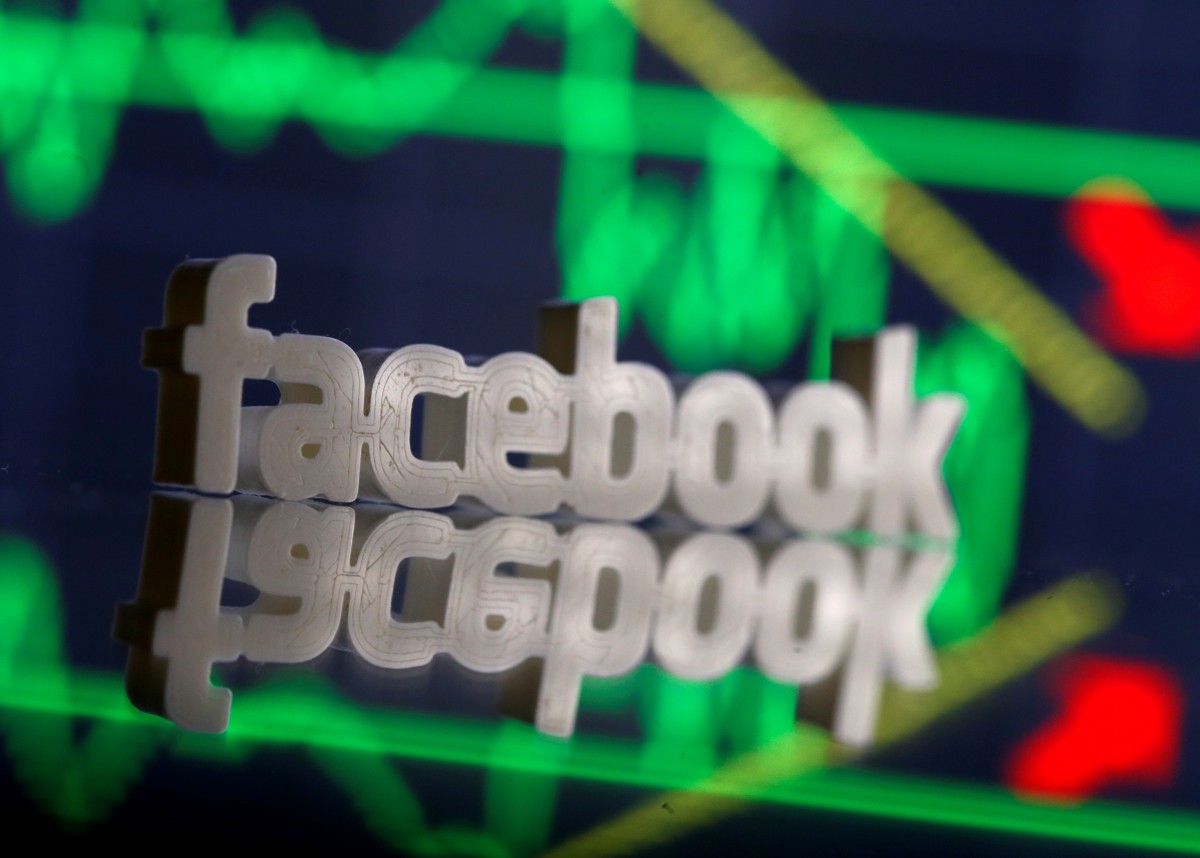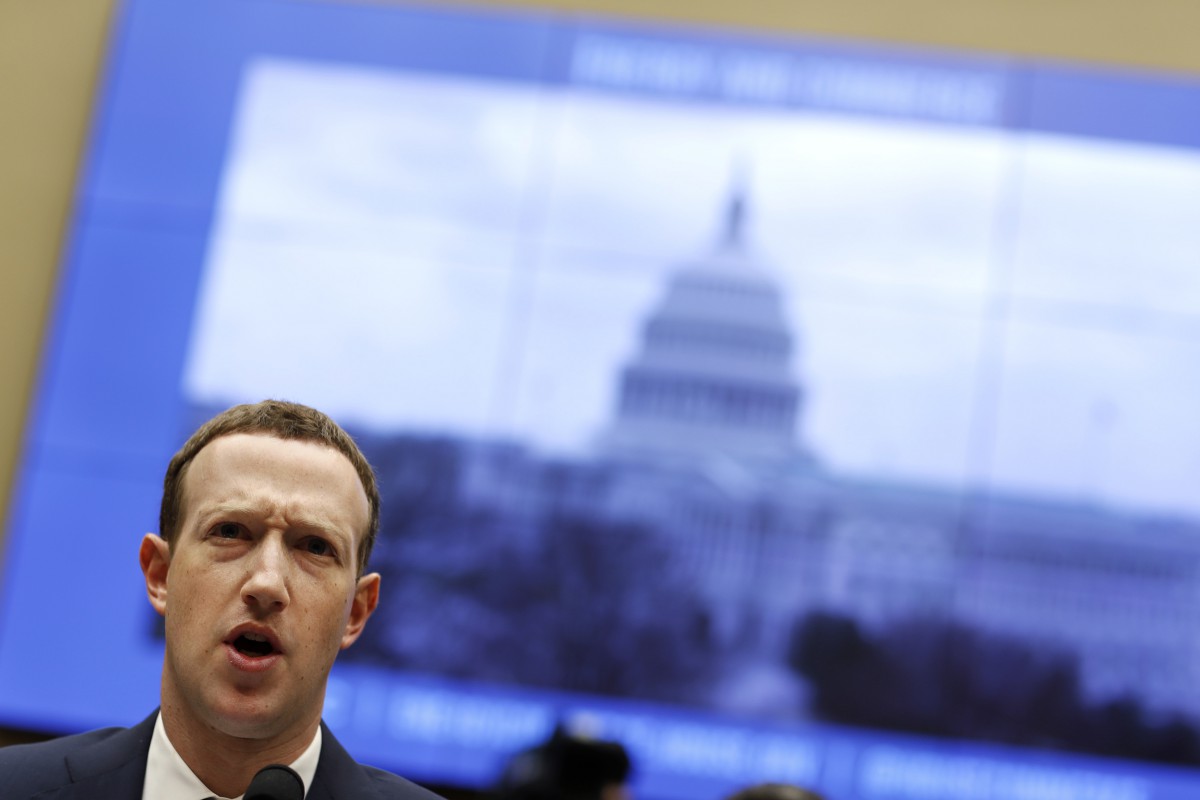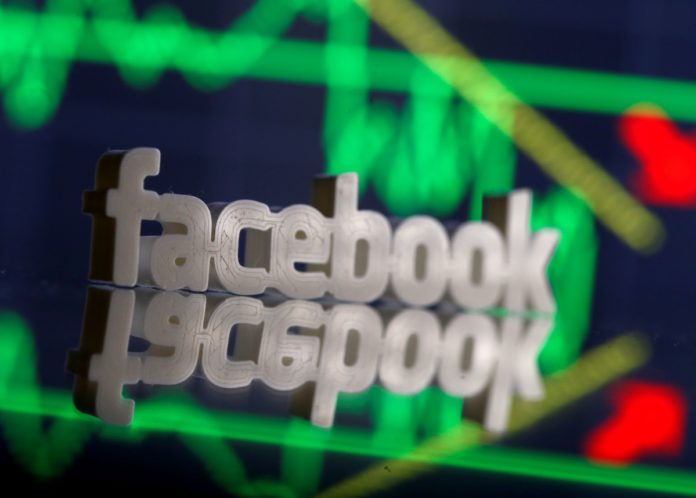THE Cambridge Analytica scandal and its resultant “revelations” have left a bad taste in the mouths of most Facebook users across the world.
On top of regulators in the US, Singapore, China and other geographies launching investigations into the social media giant’s privacy and data policies, the #DeleteFacebook movement has also been gaining steam globally.
Facebook has announced it would notify 87 million of its subscribers if Cambridge Analytica grabbed their data. According to The Guardian, the platform said affected users will receive a detailed message on their news feeds about this today.
SEE ALSO: Zuckerberg says Facebook will work harder to block hate speech in Burma
The majority of those whose information was shared with the data analytics firm – about 70 million – are in the US. More than a million people in each of the UK, Philippines and Indonesia, as well as 310,000 Australian Facebook users, may have also had their personal information harvested.
Although Cambridge Analytica, the political consulting firm at the center of the scandal, insists they only had data on 30 million users, Facebook has come up with its estimated 87 million using a simple logic. It calculated the maximum number of friends that users could have had while the personality quiz app built by Cambridge Analytica was collecting data.
But that isn’t the real problem here. And Facebook’s plan – notifying users whose data were shared and teaching others how to “secure their account and data” – is like shutting the barn door after the horse has bolted. It won’t turn back the clock.

Source: Reuters/Dado Ruvic
In fact, for those who’re looking at the big picture and at life in the big scheme of things, world-famous American sculptor and video artist Richard Serra seems to be turning into the oracle.
In 1973, he said: “if something is free, you’re the product”. Back then, his comment was about how the product of television was the audience and that it was, in fact, the television that delivered people to an advertiser.
This was the core message of his short film with Carlota Fey Schoolman titled Television Delivers People.
SEE ALSO: 3 world conflicts Facebook has been blamed for this year
At the time, as he points out in his short film, there was no such thing as mass media in the US other than television. Today, with internet penetration soaring, social media platform deliver the people to the advertiser.
To add fuel to fire, the ability to capture data and turn it into insights to help advertisers “better engage with audiences” makes for even better ROIs but reinforces the fact that “people are the product”.
And Facebook seems to have finally admitted it.
Sheryl Sandberg, COO of Facebook, recently said in an interview with TODAY’s Savannah Guthrie that opting-out of sharing information with advertisers would be a paid product. Many people construed it as confirmation of the fact that people who want privacy must expect to pay for it (going forward).
Unfortunately, existing regulations aren’t suited to deal with the privacy issues at stake and new regulations are only going to protect certain citizens in certain pockets of the world. Consider the European Union’s General Data Protection Regulation (GDPR) coming into effect next month.

Facebook CEO Mark Zuckerberg testifies before a House Energy and Commerce Committee hearing regarding the company’s use and protection of user data on Capitol Hill in Washington, U.S., April 11, 2018. Source: Reuters/Aaron P. Bernstein
According to the law, organisations will be held accountable for the personal data they collect from people.
It also protects the right of citizens to be forgotten and allows individuals to request a copy of the personal information any company keeps on them, find out what data is being processed, and ask for explanation of how it is being used.
Is that something Facebook can offer? Definitely, but only to citizens of the EU – because their laws (will now) demand it. The company’s founder has stated to media that it cannot promise “GDPR-style privacy protection” for US users.
SEE ALSO: Facebook endorsed ‘questionable’ practices so it could move into China
What does this mean for users? Not all users are outraged by the fact that someone got hold of their data and used it inappropriately.
However, for those who are – the future could go one of three ways: join the #DeleteFacebook movement, watch what you’re sharing and be very careful “granting permissions” to apps and software – whether on your phone or otherwise, or just make sure you’re paying for the services you’re consuming.
After all, you don’t want to be the product, do you?
This article was originally published on our sister website Tech HQ.





